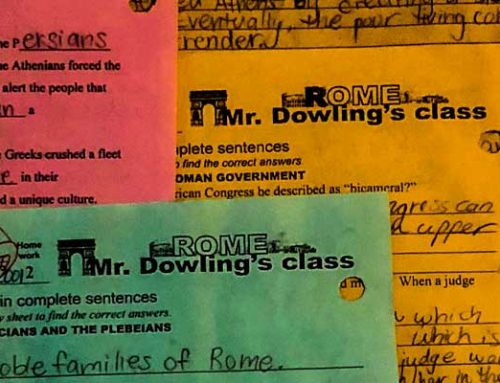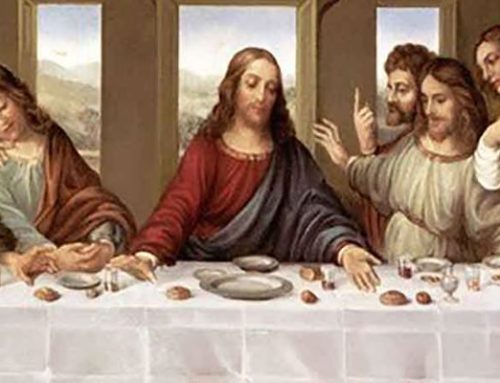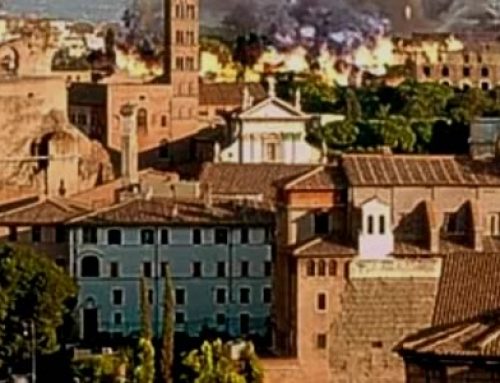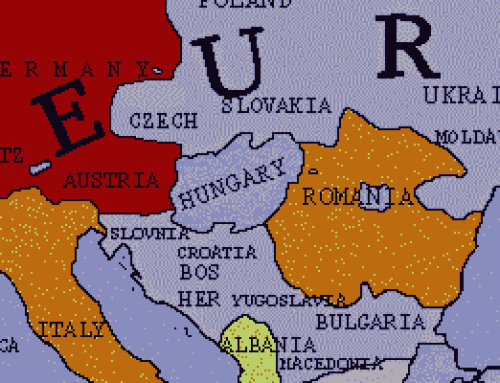Caesar Augustus had complete power in Rome, but he showed great respect for the Senate. Later emperors made no secret of their power. The Senate continued to exist, but senators had little control over the empire’s affairs. Some of the emperors who followed Augustus ruled wisely. Others were foolish and cruel.
Nero was perhaps the most notorious emperor in Roman history. Nero became emperor when his mother conspired to kill his stepfather. Once Nero came to power, he ordered his mother’s execution. Nero also killed two wives and a stepbrother. Nero ruled the empire by day, but at night he prowled the streets of Rome, assaulting women.
Nero believed himself to be the most talented person in the Roman Empire. Never before had an emperor performed on a stage as an actor or singer. Many Roman nobles considered Nero’s performances outrageous and lacking talent, but no one would risk torture or death by criticizing the emperor. In 67ce, Nero toured Greece. He participated in many games and contests, but no rival dared to beat the emperor. As Nero devoted himself to his artistic pursuits, he lost power. A year after Nero toured Greece, he faced an attack from his soldiers. His guard claimed Nero cried out, “What an artist the world is losing,” as he stabbed himself in the neck.
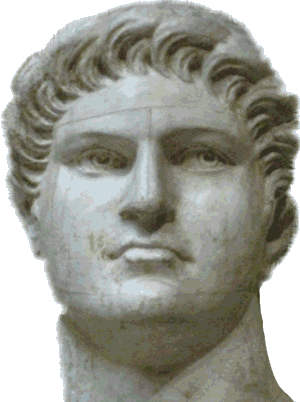
Nero
Nero Claudius Caesar Augustus Germanicus (37 – 68CE) reigned from 54CE until her death.
The Roman Empire reached its greatest size in 117ce under the emperor Trajan. The empire extended from Britain and Spain, across France, southern Germany, the Balkan Mountains, as far east as the Caspian Sea, and across the Mediterranean Sea to the north coast of Africa. Because the empire surrounded the vast Mediterranean Sea, later historians described it as a mere “Roman lake.”
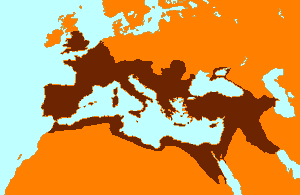
702romanempire
The Roman Empire at its great extent in BCE117, 76 years after Augustus’ death.
In 121ce, the emperor Hadrian built a wall across northern England to keep out invaders from Scotland. The Romans called the Scots “barbarians,” possibly because their Celtic language reminded the Romans of the sounds made by sheep. In time, the Romans called all the people they felt were uncultured “barbarians.” Barbarian warriors from Germany would later lead to the end of the Roman Empire.
Resources
Download this lesson as Microsoft Word file or as an Adobe Acrobat file.
View a Powerpoint presentation of this lesson.
Listen as Mr. Dowling reads this lesson.
Lexile Measure 1000L
Mean Sentence Length 14.48
Mean Log Word Frequency 3.39
Word Count 362
Mr. Donn has an excellent website that includes a section on Ancient Rome.
.
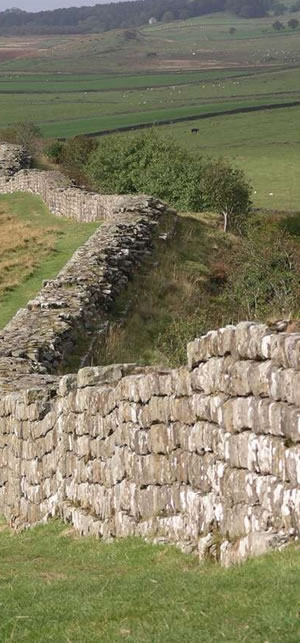
Hadrians_wall
Portions of Hadrian’s Wall are still standing today.

